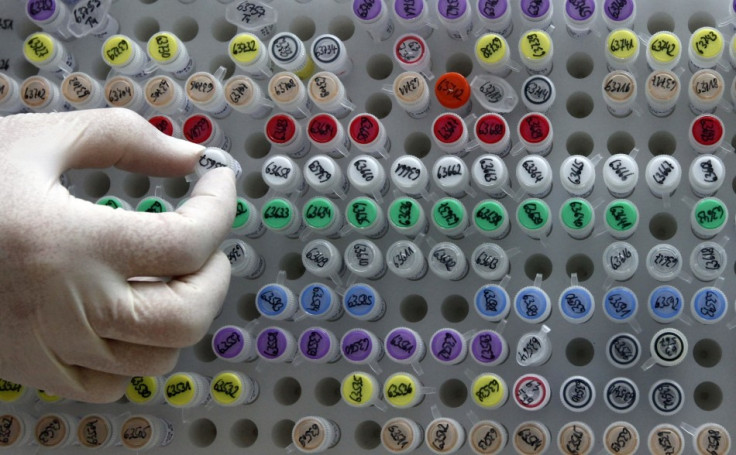Politicians Condemn 'Three-Person' Human Fertilisation

A group of 34 European politicians, including British MPs and a peer, have condemned 'three-person' IVF treatment that is to be pioneered for the first time in the UK, calling it "incompatible with human dignity and international law".
The treatment is used for women with defective mitochondria cells, which provide the body with energy.
Children of women with these faults have been born with illnesses including muscular dystrophy and blindness, and scientists have developed a form of IVF treatment in which they replace the mother's defective cells with a female donor's healthy mitochondrial DNA, eliminating the risk of congenital illness.
The resulting child carries the DNA of three people, but scientists say that because the donor's DNA does not form part of the cell's nucleus, it would not affect the child's appearance or personality.
The government is to put forward legislation allowing people in the UK to use the treatment, after a largely favourable response from a public consultation conducted by the Human Fertilisation and Embryology Authority (HFEA).
However, opposition to the treatment has intensified, with members of the Council of Europe voicing concerns that the it contravenes fundamental values, and scientists warning that more work needs to be conducted to ensure that the treatment is safe.
"The undersigned members of the Parliamentary Assembly affirm that the creation of children with genetic material from more than two progenitor persons, as is being proposed by the UK HFEA, is incompatible with human dignity and international law," reads the statement by the 34-member group of politicians from across Europe.
Labour MP Jim Dobbin claims the treatment could lead to "eugenic practices" becoming widespread, and among those to support the statement are five other Labour MPs, Edward Leigh, a Conservative MP and a hereditary peer.
The Council of Europe is Europe's leading human rights organisation, and has members from 47 countries. This condemnation of three-person IVF could trigger a full debate in the 318-person assembly, or a report into the treatment.
The statement comes after scientists at the universities of Sheffield, Sussex and Monash in Australia said that experiments showed that a poor match between the donor's mitochondrial DNA and that of the parents could result in illnesses.
Experiments conducted on fruit flies suggested that a poor genetic match could affect fertility, learning and behaviour, they said.
"Describing it as like changing the batteries in a camera is too simplistic," Dr Klaus Reinhardt from the University of Sheffield told the BBC.
He added: "It is not at all our intention to be a roadblock, we think it is fantastic that for women affected there could be a cure.
"We have pointed out one or two points which need to be looked at."
Mr Dobbin told the Telegraph: "Animal models have not been 100% successful and have left some damaged individuals so to try this in humans at this stage, in our view, is not very clever.
"Essentially we are saying the HFEA is overstepping its mark here."
Scientists and campaigners have defended the treatment.
Alastair Kent of Genetics Alliance UK, a charity for people with genetic conditions, added: "It seems a shame that people who are not directly affected by these conditions are making comments which are castigating the wishes of parents who live with the prospect of having a child who will die."
Prof Ian Wilmut, the geneticist who cloned Dolly the Sheep, said that the only effect of the donor's DNA would be to make a child more healthy.
"This simple procedure will make it possible for couples to have healthy children, who otherwise might not," he said. "Without this help there is a serious risk that the child will die or suffer serious illness."
© Copyright IBTimes 2025. All rights reserved.






















